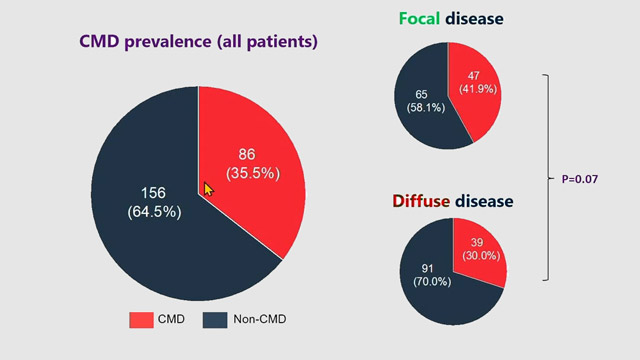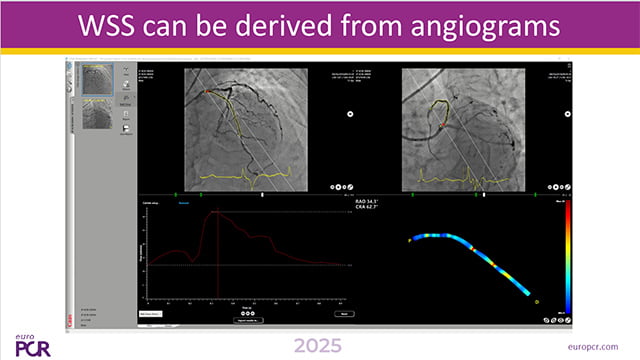
Yolande Appelman
Latest contributions
Coronary physiology: FFR and beyond
22 May 2025 – From EuroPCR 2025
Advance your understanding of coronary physiology with a focus on fractional flow reserve (FFR) and beyond. This session covers randomized trials comparing physiology-guided treatment to standard care in ANOCA, graft patency related to quantitative flow ratio, impacts of microvascular dysfunction on patient outcomes, and prognostic value...

Insights into emerging prognostic predictors for patients with coronary artery disease
20 May 2025 – From EuroPCR 2025
Gain insights into emerging prognostic predictors for coronary artery disease patients, including endothelial shear stress as a cardiovascular risk marker, impacts of intravascular imaging stratified by disease pattern, correlations between diastolic blood pressure and SYNTAX score, and long-term wall shear stress risk prediction from the FAME...

Contemporary management of patients with INOCA: a practical guide
17 May 2023 – From EuroPCR 2023
Enrich your understanding of ischemia with non-obstructive corona arteries (INOCA) by watching this very practical session, where you'll discover precious knowledge on the prevalence and causative factors of this condition. Dive into the diagnosis algorithm used for INOCA and explore the latest advancements in its management.

TAVI - Real world outcomes
18 May 2022 – From EuroPCR 2022
Watch this session to discover some real world TAVI outcomes: a comparison of transcatheter aortic valves, TAVR with Portico system, Observant II registry, and much more!



